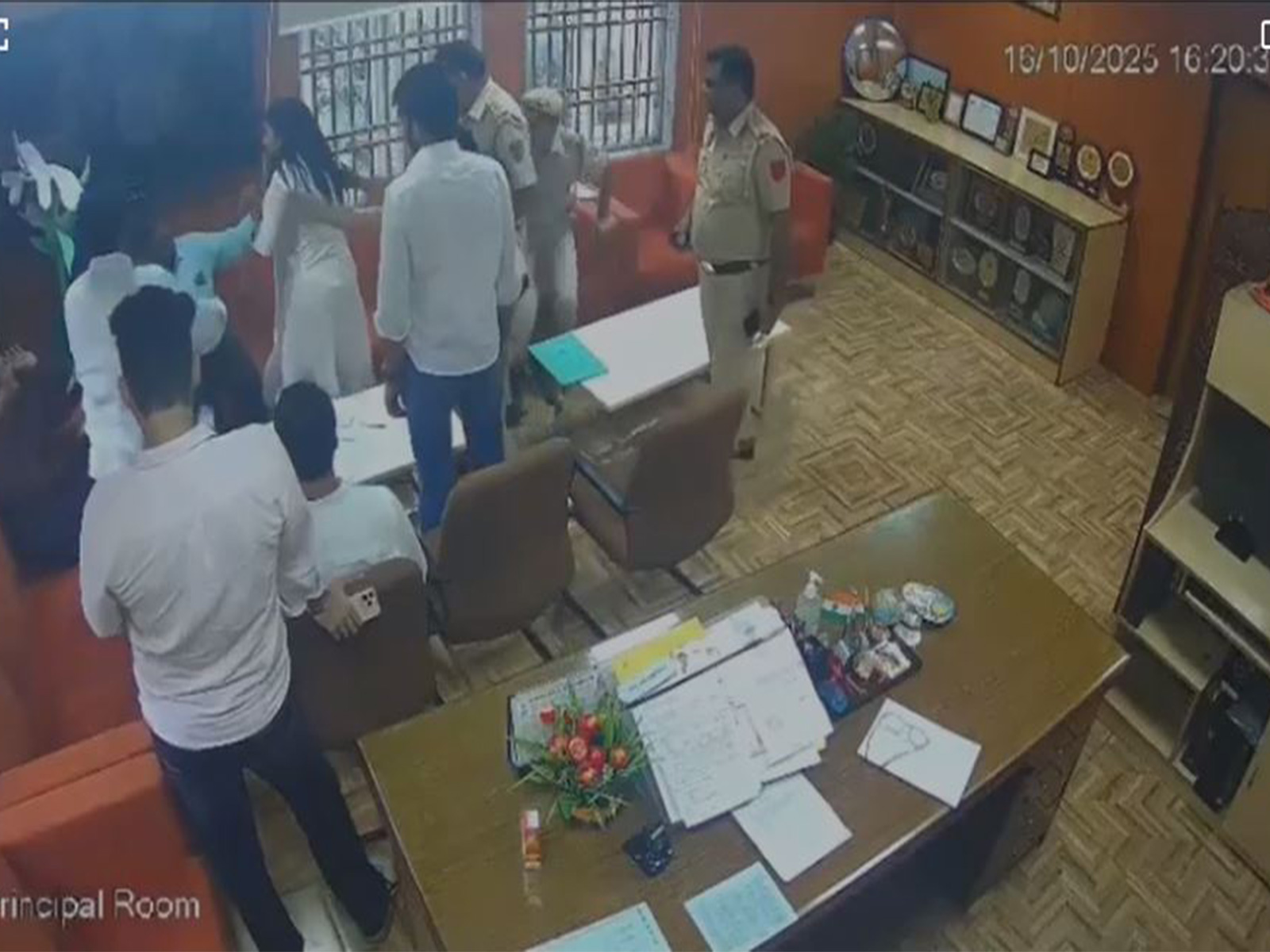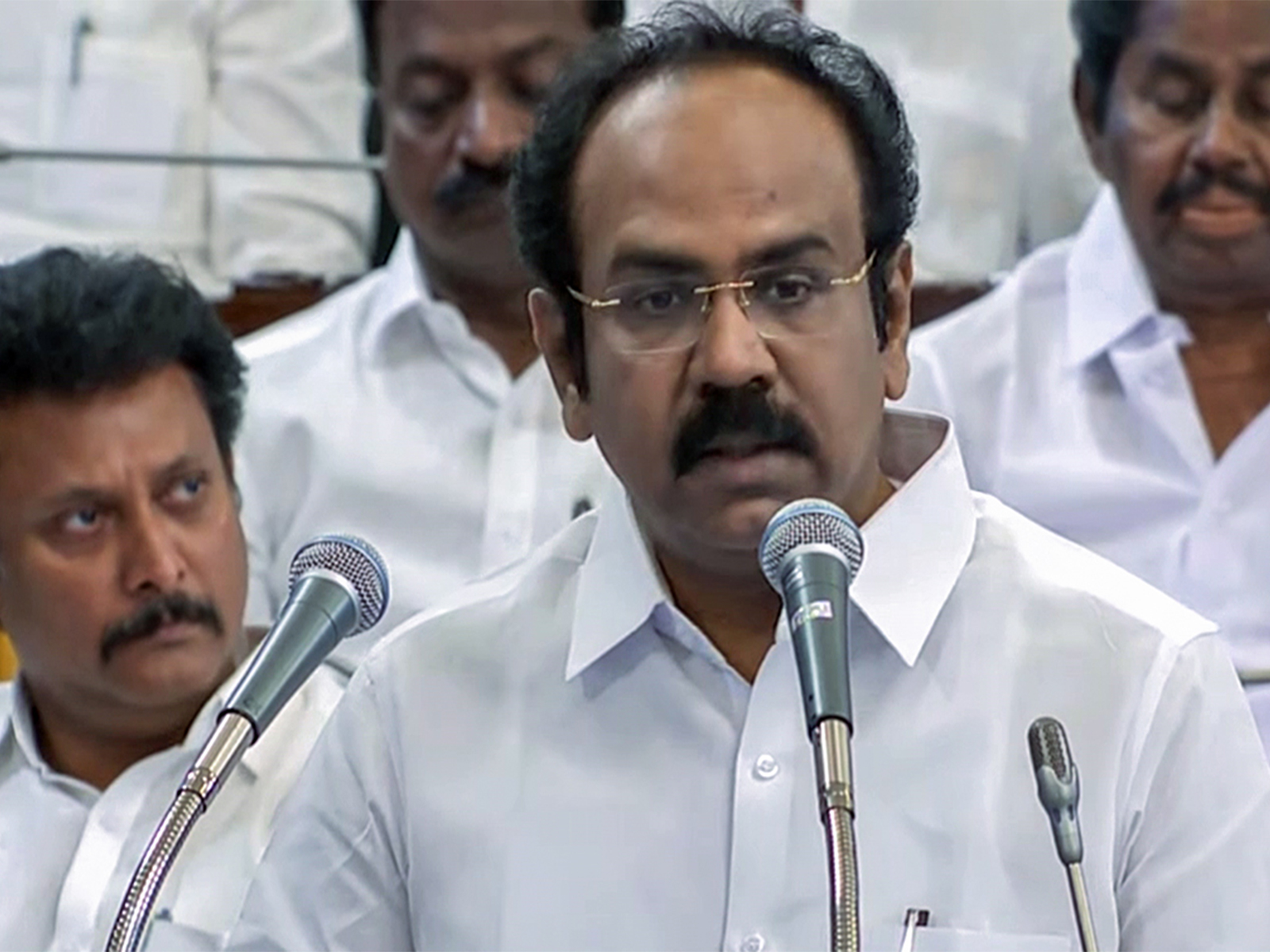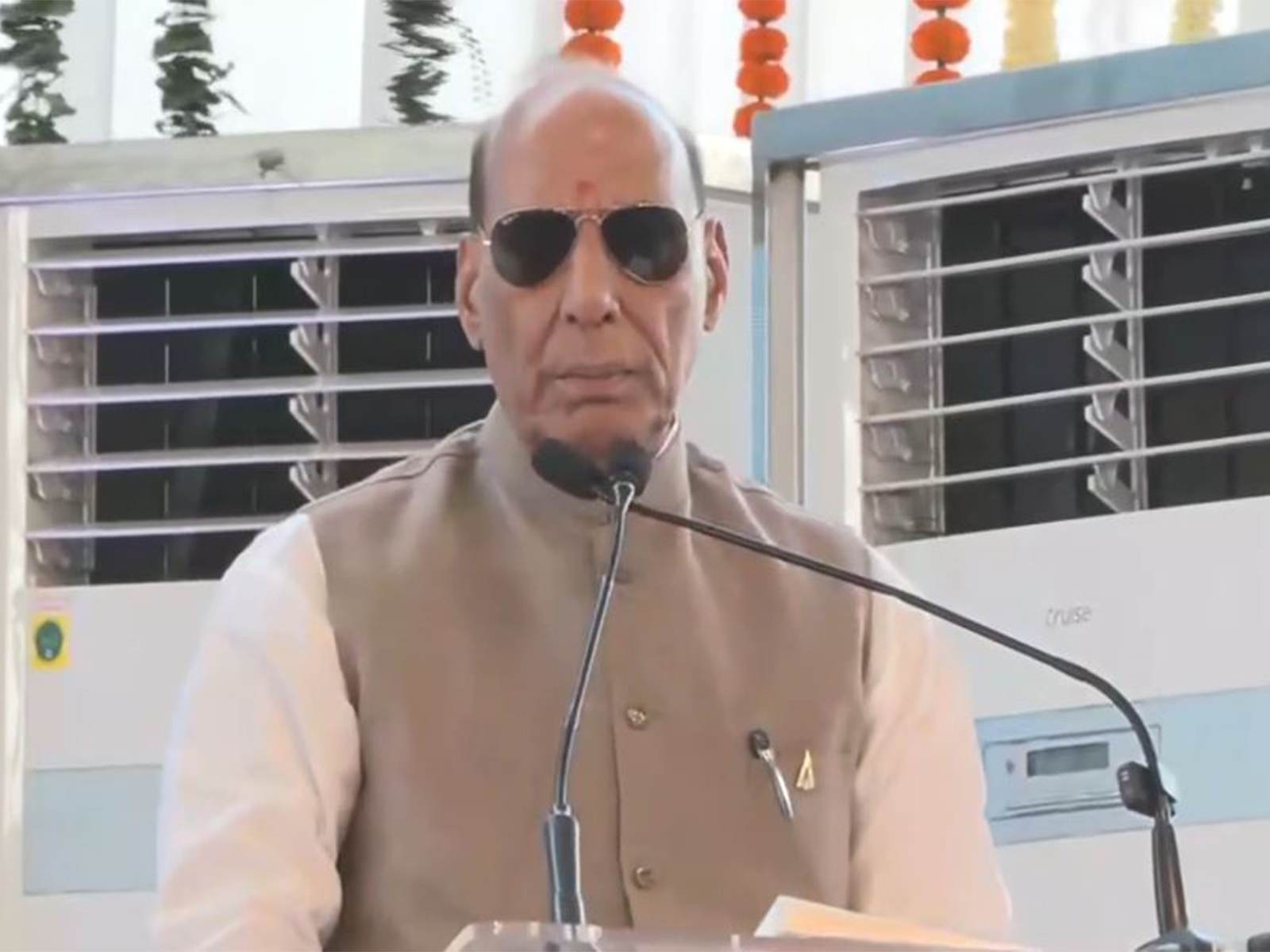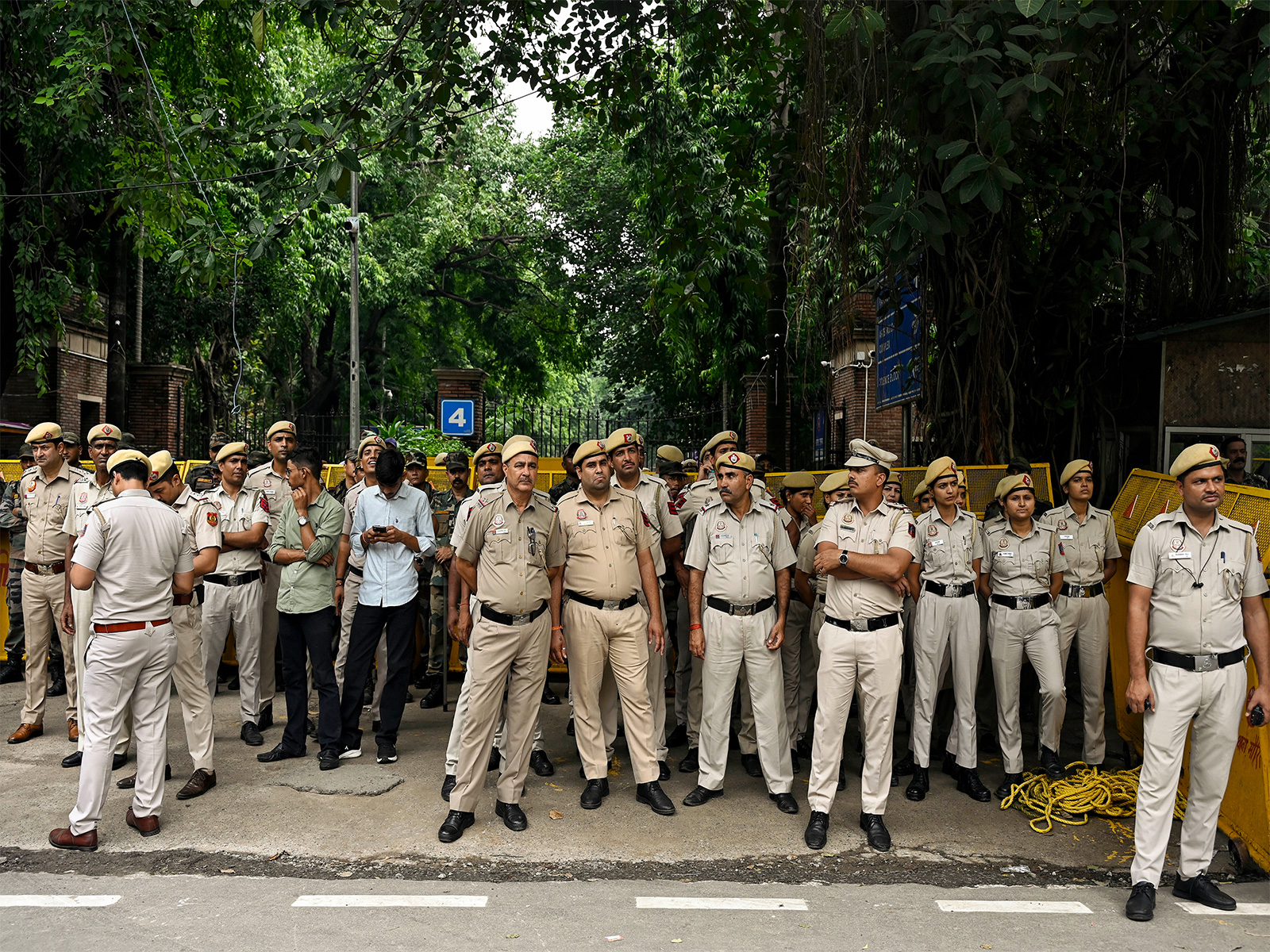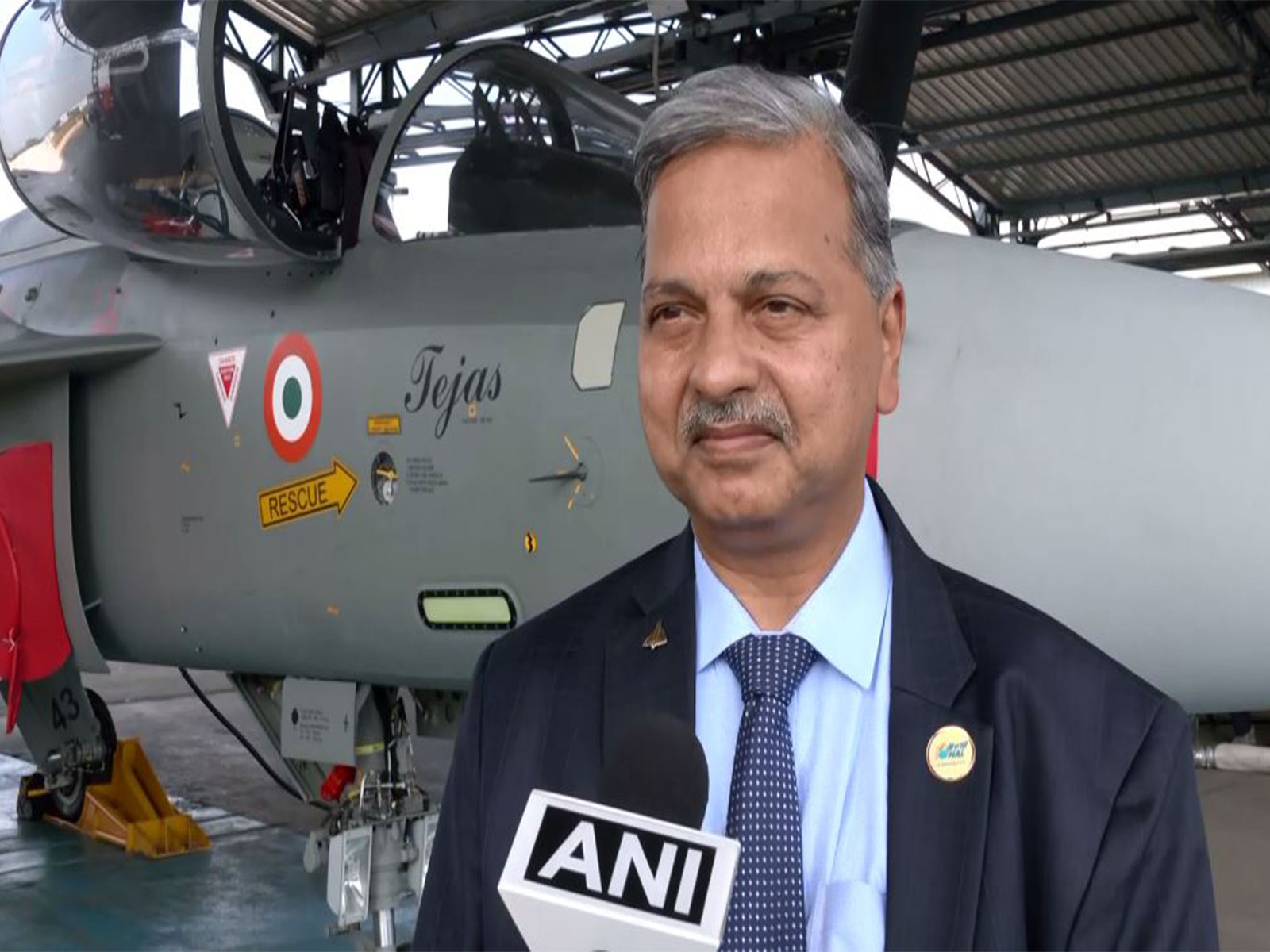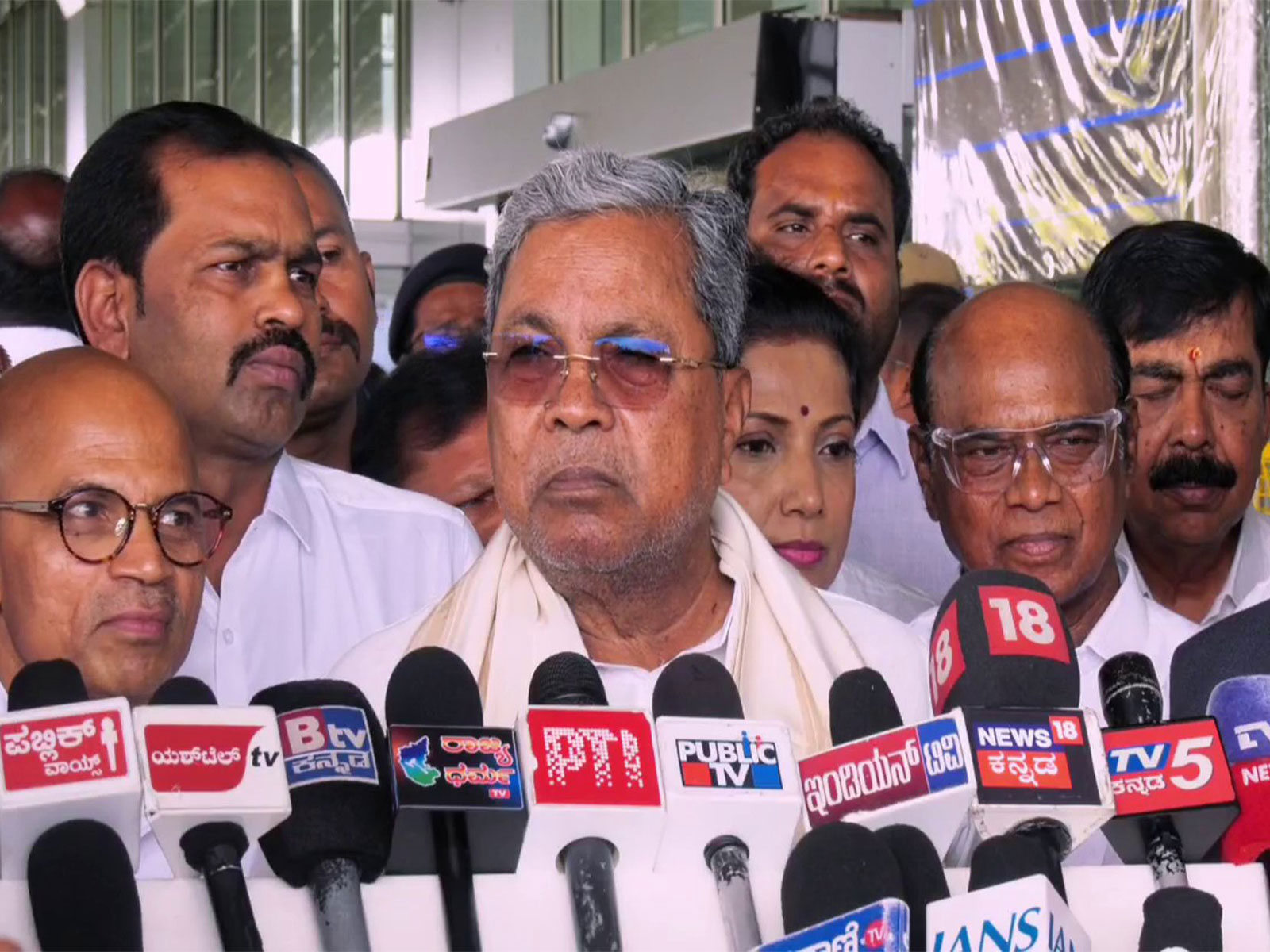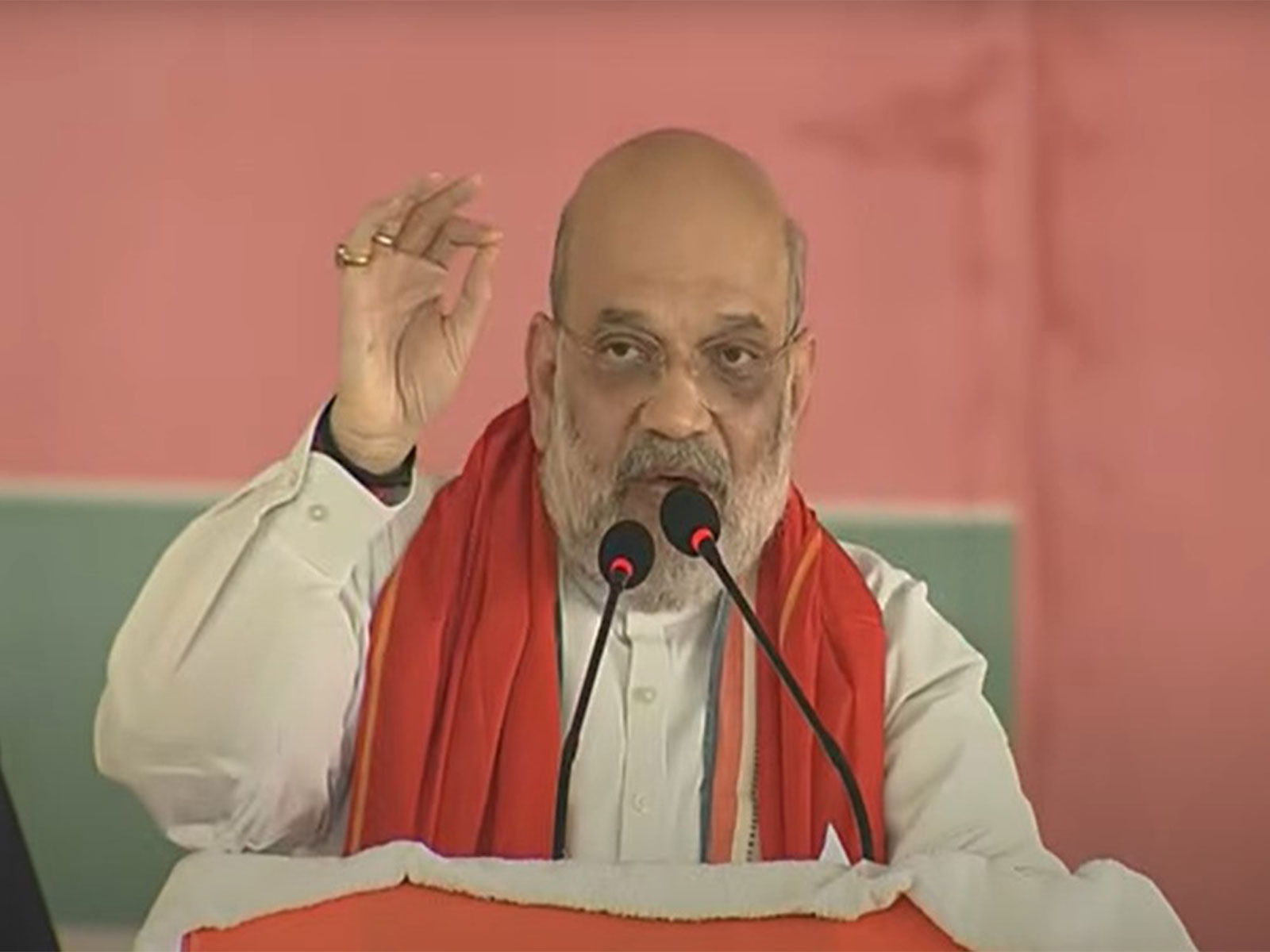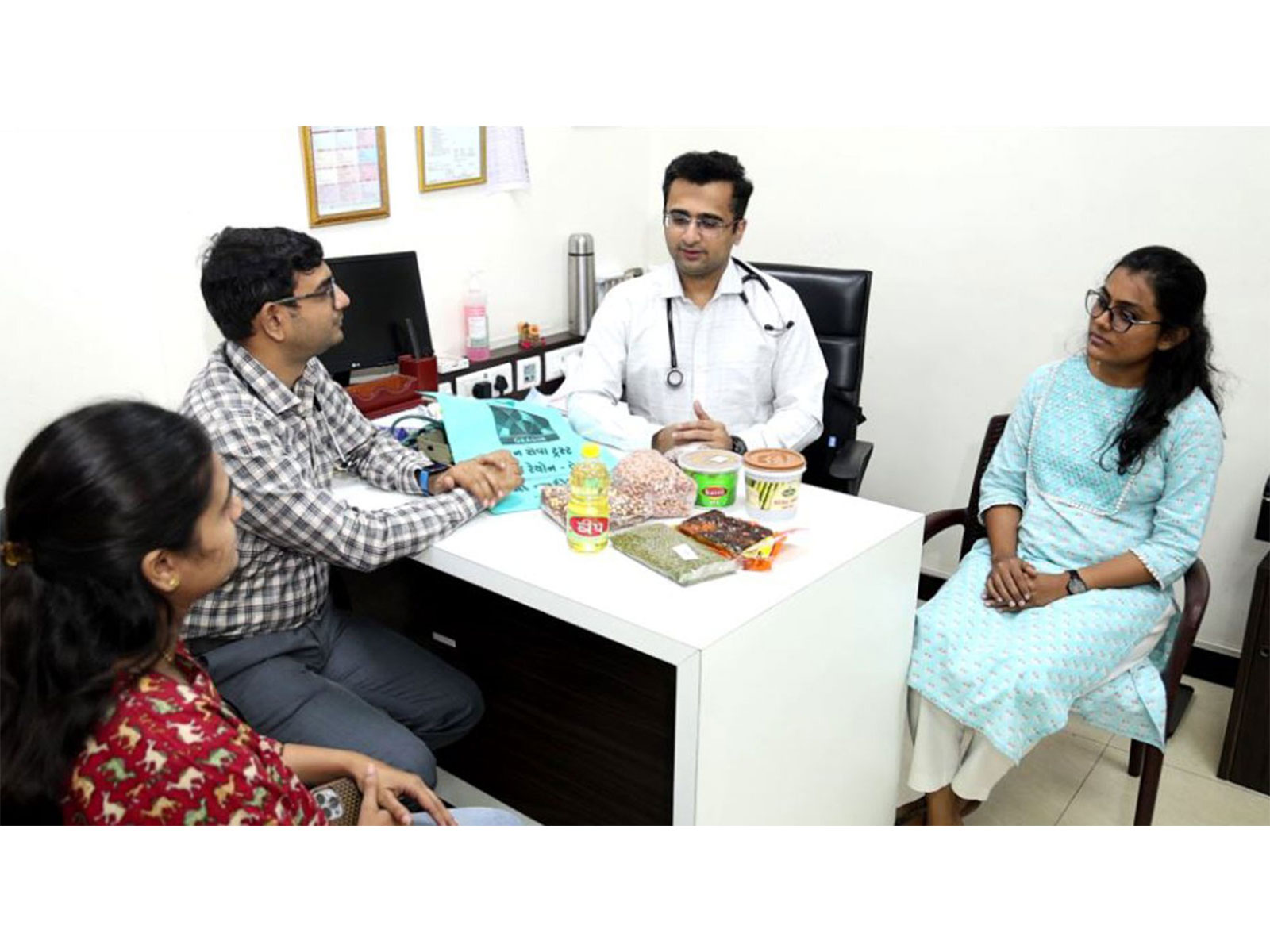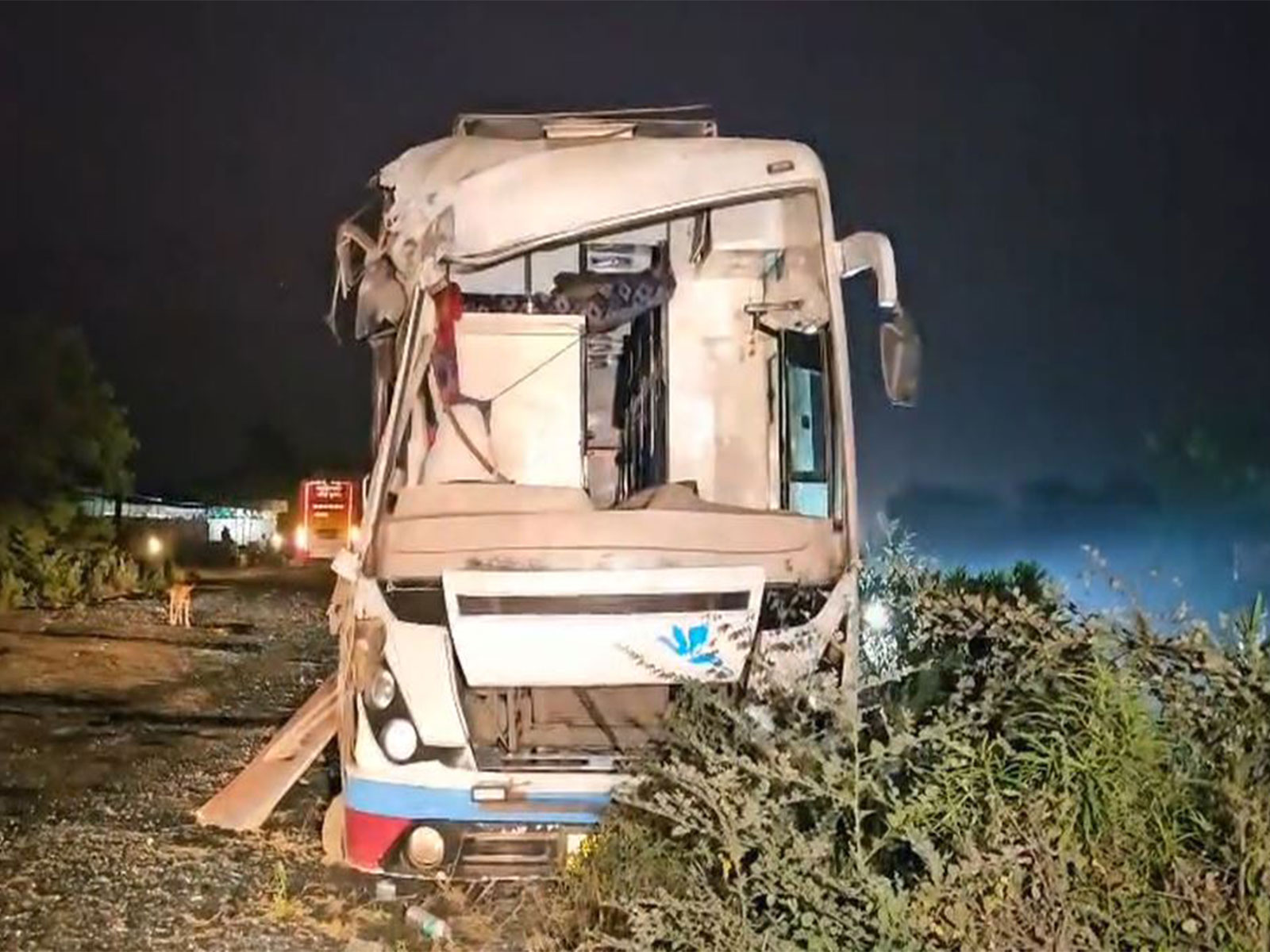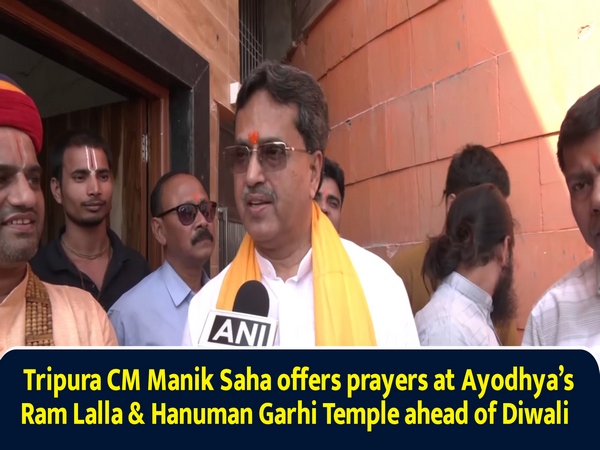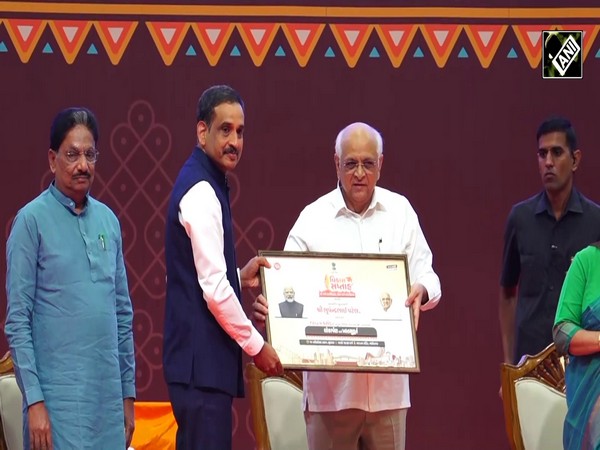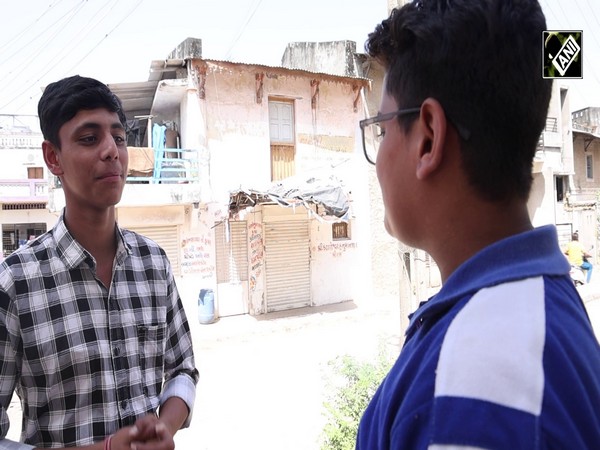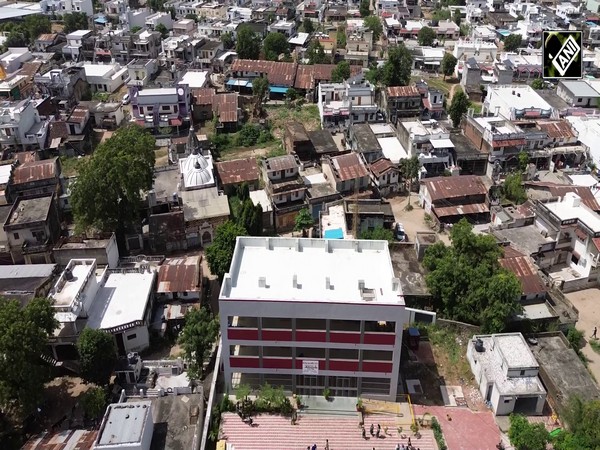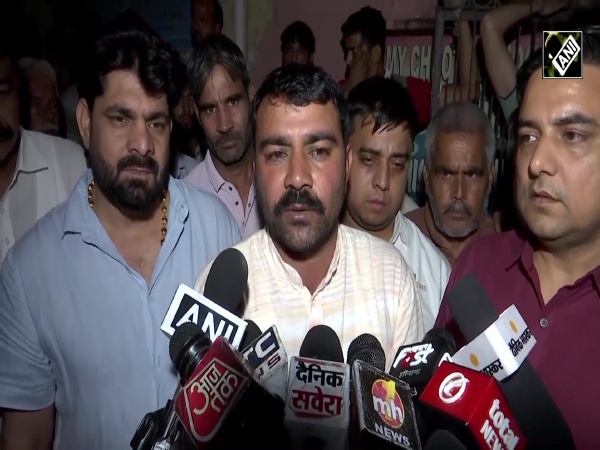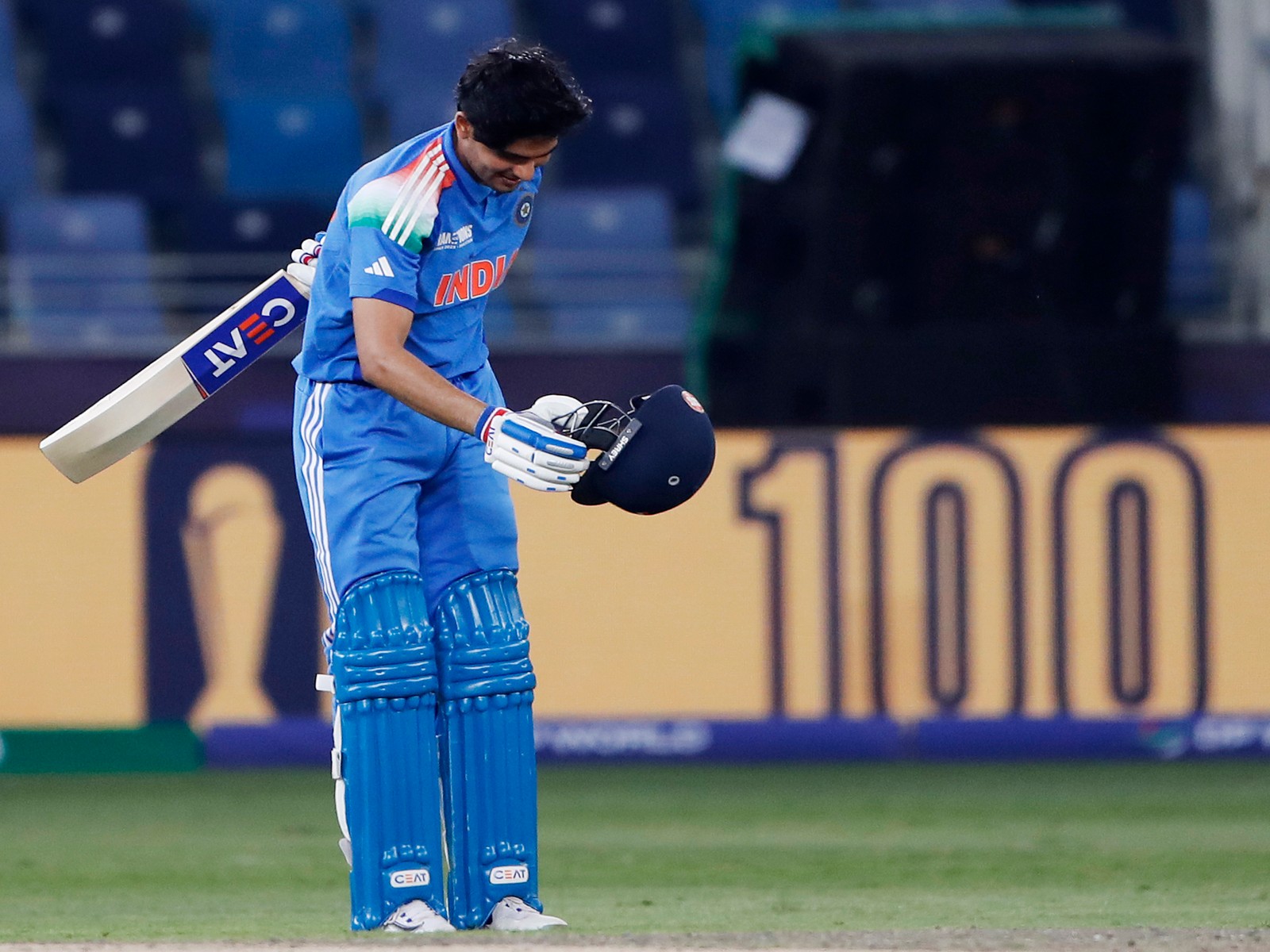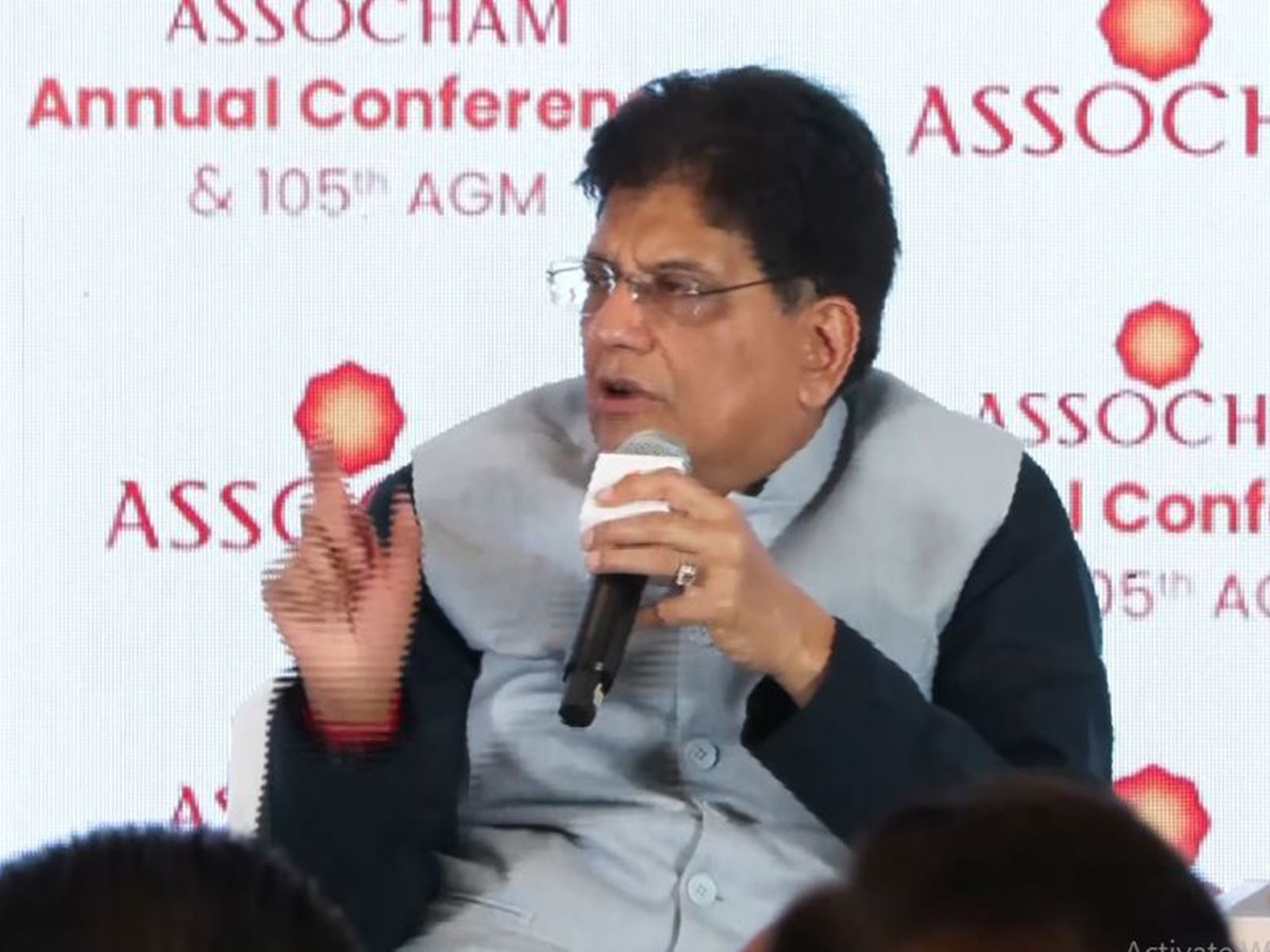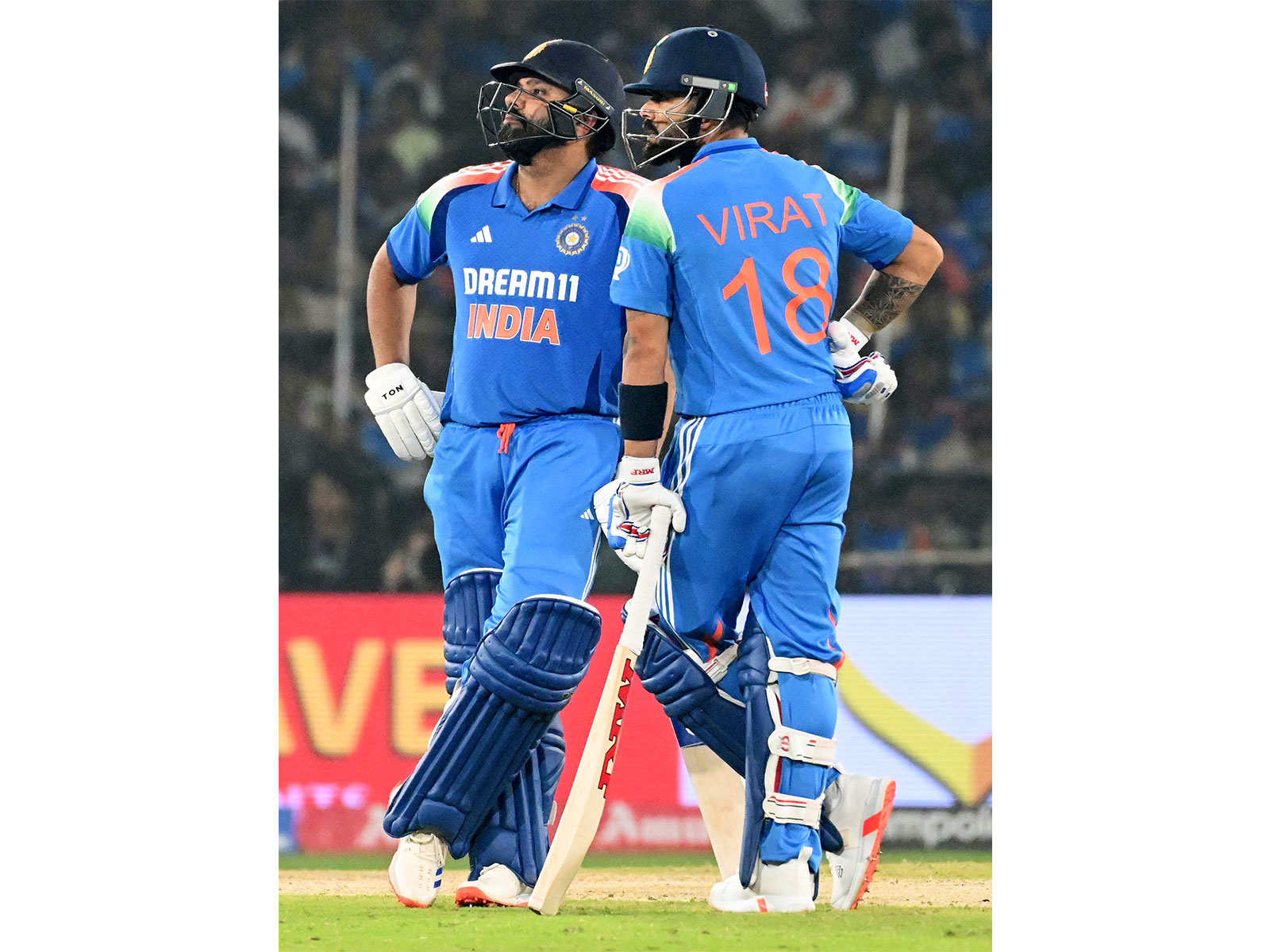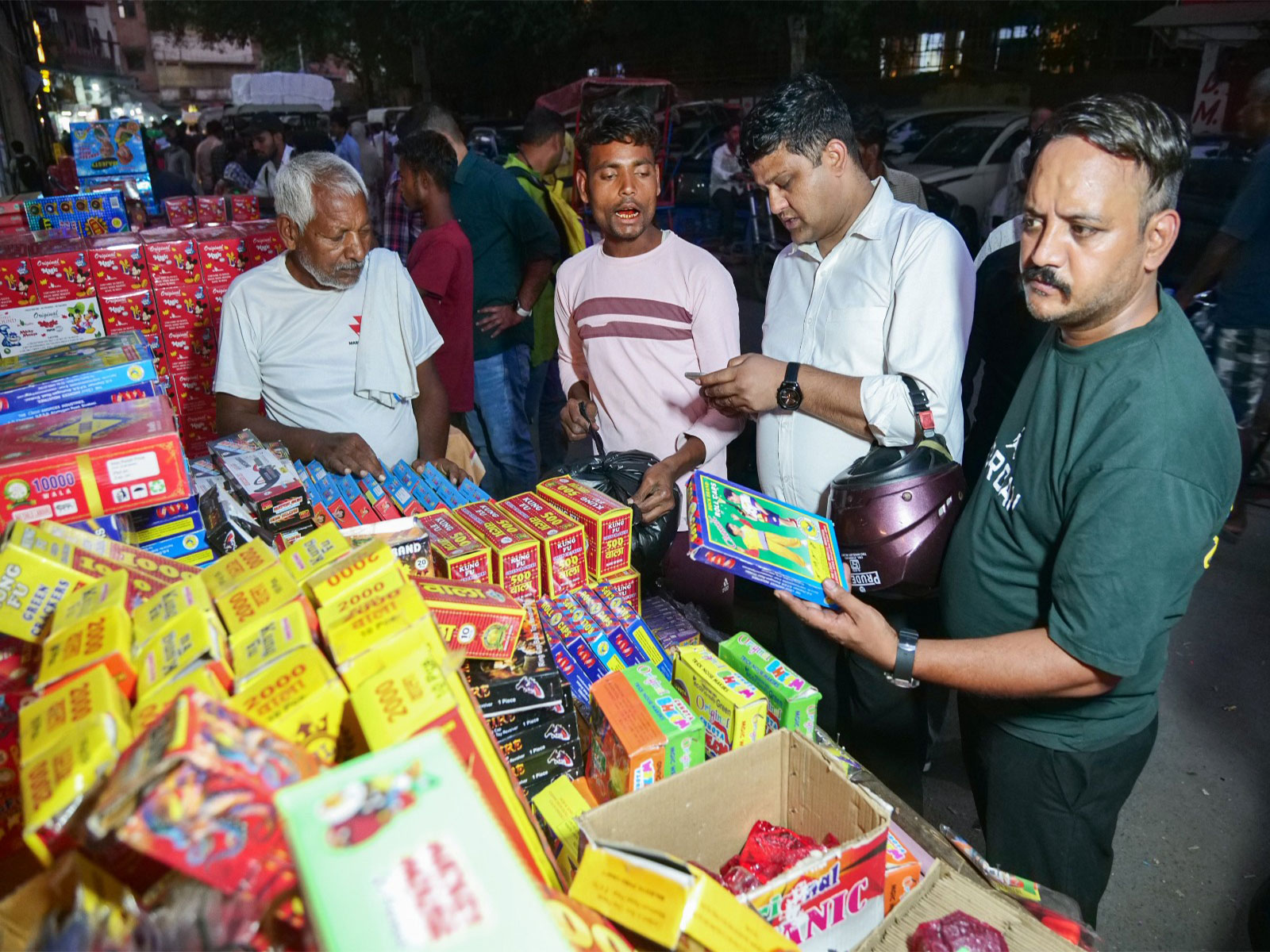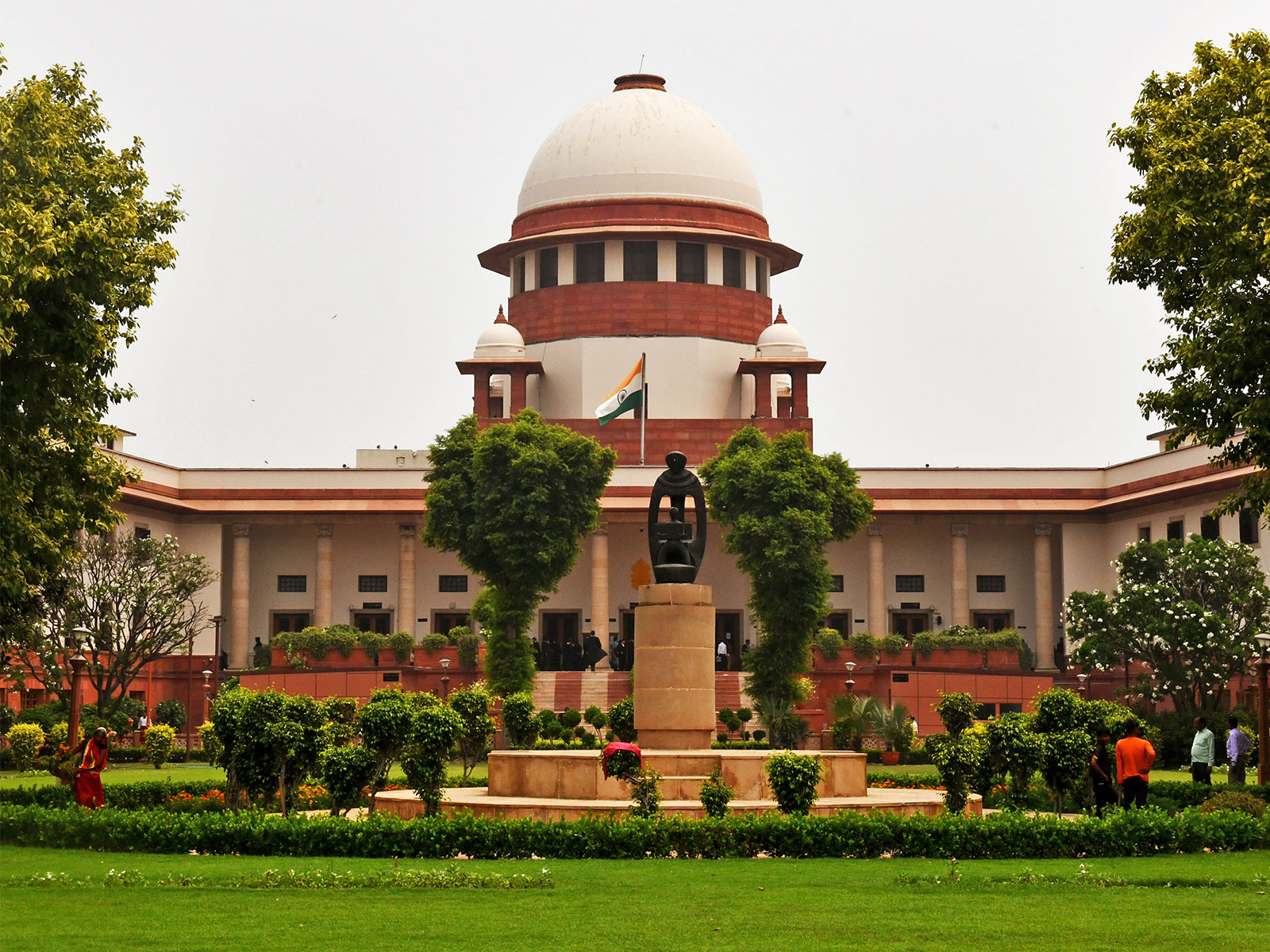
Kingpins stay behind, ABCD are caught: SC on arrests in drug-trafficking cases
Oct 17, 2025
New Delhi [India], October 17 : The Supreme Court on Friday orally observed that in cases relating to trafficking and manufacturing of illegal drugs and narcotic substances, smaller players often get arrested while the real masterminds and suppliers manage to stay behind the scenes.
A bench of Justices M.M. Sundresh and Vipul M. Pancholi questioned the unfortunate reality of India's growing drug menace, stating how many true kingpins have actually been apprehended and how many sources of narcotic supply have ever been effectively tapped.
"In NDPS matters, there is never any arrest of the kingpin. They stay behind, obviously, A, B, C, and D will be caught. How many cases have kingpins been charged with? How many sources have been tapped? Where did this illegal substance emanate from?" Justice Sundresh remarked during the hearing.
The top courts' remarks came while hearing a bail plea filed by one Gurjit Singh, who was booked and arrested by the Narcotics Control Bureau (NCB) in Punjab's Ludhiana in a case involving a large-scale manufacturing and international trafficking of methamphetamine.
In February 2024, the Delhi High Court had dismissed Gurjit Singh's bail plea, observing that the material on record prima facie implicated him in the manufacturing and trafficking of methamphetamine as part of an organised international network.
The High Court had rejected his bail plea by holding that the evidence, including witness statements, recoveries, financial trails, and digital forensics, indicated Singh's active participation in a conspiracy attracting the provisions of Section 29 of the NDPS Act (criminal conspiracy).
The top court, while expressing concern over the pattern of arrests in narcotics cases, remarked, "It is unfortunate that we know the truth, but we have to answer our conscience. Thus, the top court refused to entertain the petitioners' bail plea but allowed them to withdraw the same with liberty to seek relief from the trial court.
During the hearing, Senior Advocate N. Hariharan, appearing for Gurjit Singh, argued that no contraband was found in Singh's possession at the time of his arrest. He submitted that the NCB took him to another person's premises, where the controlled substance was later recovered, and that his alleged involvement was based solely on disclosure statements without any independent corroboration.
The senior counsel contended that the prosecution's case rested entirely on statements rather than evidence and questioned whether such disclosures could legally justify continued custody under the stringent NDPS Act. He pointed out that Singh had already spent over a year in custody despite the absence of any recovery, financial trail, or digital proof linking him to the alleged conspiracy.
Hariharan also stated that the State administration in Punjab is stringent in drug-related cases in the state and that the Supreme Court remains the only forum generous enough to grant bail.
However, the top court, while acknowledging the unfortunate reality, stated that "we have to answer our conscience" and refused to grant bail to Singh.
The case pertains to an alleged international drug trafficking syndicate involving the manufacture and export of Methamphetamine from India to Australia.
In January 2024, acting on specific intelligence, the Narcotics Control Bureau (NCB) intercepted a parcel booked through DHL in Delhi and destined for Adelaide, Australia. The parcel contained 2.946 kg of methamphetamine.
A follow-up investigation traced the consignment to Jaipur, leading to the arrest of Mukesh Chouhan and Pinku Singh Rajput, who admitted to having booked the shipment.
Subsequent disclosures led to the arrest of Gaurav Singh Chauhan in Delhi, from whose residence 12.160 kg of Methamphetamine was recovered.
Acting on further leads, the NCB apprehended Gurjit Singh (the Applicant) in Ludhiana, Punjab, on 29 January 2024. Searches at premises linked to him and co-accused Satnam Singh uncovered 5 kg of Ephedrine and a clandestine laboratory operated with the help of three Mexican nationals.
The lab yielded additional quantities of Methamphetamine, precursor chemicals, and manufacturing equipment.
Investigations revealed that the operation was part of an international cartel coordinated by handlers based overseas who allegedly financed the network through hawala channels.
The cartel used Indian associates to manufacture and export narcotics, with several consignments already sent abroad, one of which had been intercepted by Australian authorities in December 2023.
